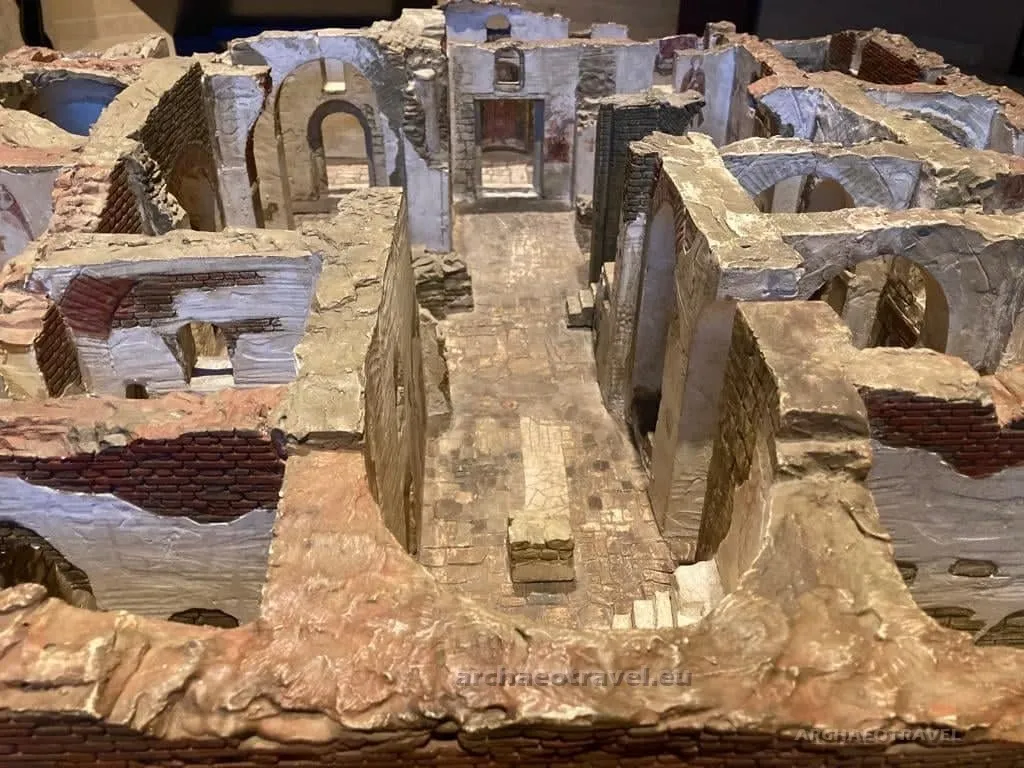In the labyrinth of human history, the ancient world stands as an eternal beacon, casting its light upon the present and shaping the future. The civilizations of antiquity—Egyptian, Mesopotamian, Greek, Roman, Chinese, and Indian—offer us a rich tapestry of culture, philosophy, and innovation that continues to influence our modern lives. “Echoes of Antiquità: Tracing the Timeless Legacy of the Ancient World” delves into this profound legacy, exploring how ancient ideas and practices reverberate through the ages.
The Foundations of Civilization
The ancient world is often heralded as the birthplace of civilization, where rudimentary societies evolved into complex cultures. The Sumerians in Mesopotamia, for instance, laid the groundwork for writing with cuneiform script, which allowed for the recording of history, trade, and law. This early form of writing not only preserved the Sumerian culture but also influenced subsequent societies in the region, including the Akkadians, Babylonians, and Assyrians.
Simultaneously, in Egypt, the development of hieroglyphics and monumental architecture, such as the Pyramids of Giza, symbolized the era’s spiritual and political aspirations. Egyptian concepts of the afterlife and divine kingship set a precedent for future empires, while their art and science left an indelible mark on later Mediterranean cultures.
Philosophy and Governance: The Greek and Roman Legacy
Greek philosophy and democracy are foundational to Western thought. The city-states of Athens and Sparta introduced concepts of citizenship, governance, and intellectual inquiry that remain relevant today. Philosophers like Socrates, Plato, and Aristotle questioned the nature of reality, ethics, and politics, laying the intellectual groundwork for modern philosophy and political theory.
The Romans, inheriting and expanding upon Greek ideas, engineered a sophisticated system of governance that has influenced modern political institutions. Roman law, with its emphasis on justice and legal rights, is a cornerstone of many contemporary legal systems. The Romans also excelled in engineering, constructing roads, aqueducts, and buildings that have endured for millennia.
Science and Mathematics: Bridging the Ancient and Modern Worlds
Ancient civilizations were pioneers in science and mathematics, with their achievements echoing through the ages. The Greeks made significant advances in geometry and astronomy, with figures like Euclid and Archimedes contributing to our understanding of mathematics and physics. Their work laid the foundation for future scientific inquiry and technological development.
In China, the Han Dynasty was marked by advancements in engineering, such as the invention of paper and the compass. These innovations not only revolutionized Chinese society but also facilitated cross-cultural exchange along the Silk Road. Similarly, in India, the development of zero and the decimal system transformed mathematics, influencing both Islamic and European scholars in the centuries to follow.
Art and Literature: The Enduring Aesthetics of Antiquity
The art and literature of the ancient world continue to captivate and inspire. Greek epic poems, such as Homer’s “Iliad” and “Odyssey,” have been studied for their narrative techniques and exploration of human nature. The tragic plays of Sophocles and Euripides, as well as the philosophical dialogues of Plato, provide timeless insights into the human condition.
Roman art and literature, including Virgil’s “Aeneid” and Ovid’s “Metamorphoses,” reflect the values and beliefs of the Roman Empire, blending realism with mythology. Roman architecture, from the Colosseum to the Pantheon, demonstrates a mastery of construction techniques and an enduring aesthetic sensibility.
Religion and Mythology: The Divine and the Human
Ancient religions and mythologies offer a glimpse into how early civilizations understood their world and their place within it. Egyptian mythology, with its pantheon of gods and elaborate rituals, provided a framework for understanding life, death, and the cosmos. Greek and Roman myths, with their rich narratives and deities, explored themes of heroism, fate, and morality, influencing later religious and cultural traditions.
In India, Hinduism and Buddhism emerged with profound spiritual teachings and practices that continue to shape millions of lives. Confucianism and Daoism in China offered philosophies that emphasized harmony, ethics, and balance, contributing to the cultural and social fabric of East Asia.
The Legacy Lives On
The echoes of antiquity are not mere whispers of a bygone era; they are the resonant chords that continue to shape our world. The principles of democracy, legal justice, scientific inquiry, and artistic expression rooted in ancient civilizations are integral to contemporary society. As we trace these timeless legacies, we are reminded that our modern world is built upon the rich and enduring foundations laid by our ancient predecessors.
“Echoes of Antiquità” is a testament to the enduring influence of the ancient world, an invitation to reflect on how our current achievements and aspirations are intertwined with the wisdom and innovations of those who came before us. By understanding and honoring this legacy, we gain a deeper appreciation for the continuity of human progress and the shared journey of civilization.











